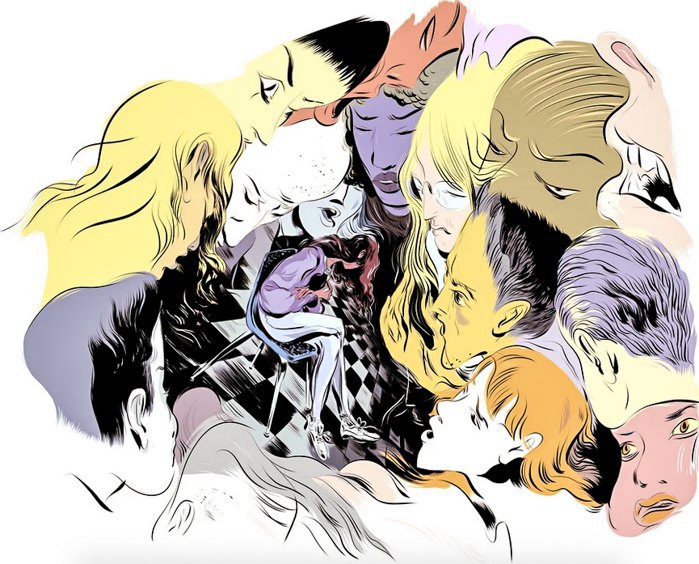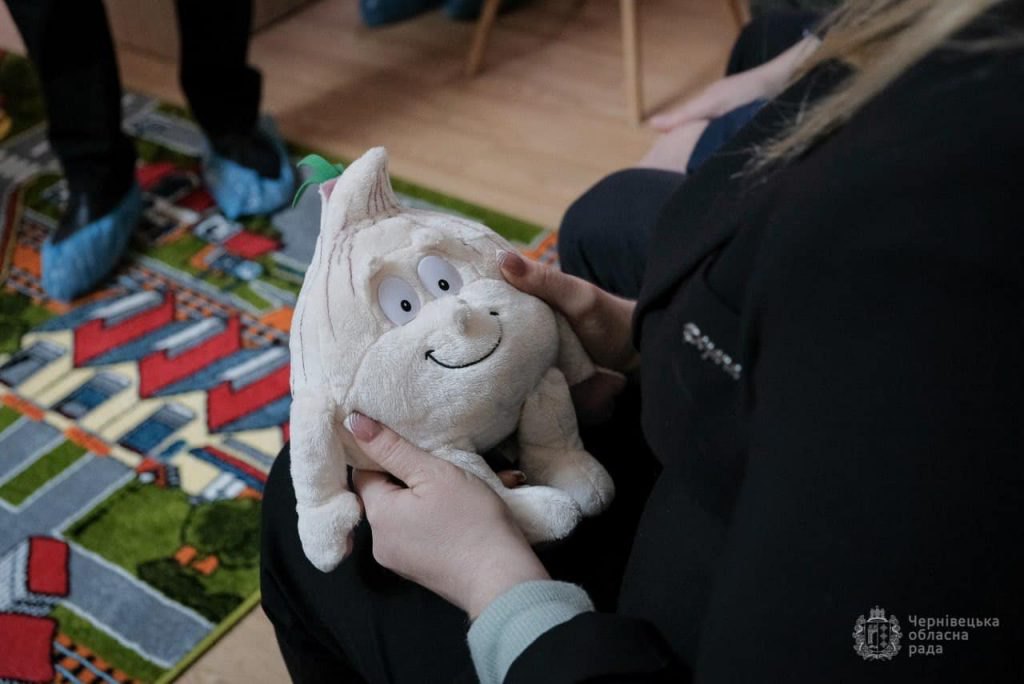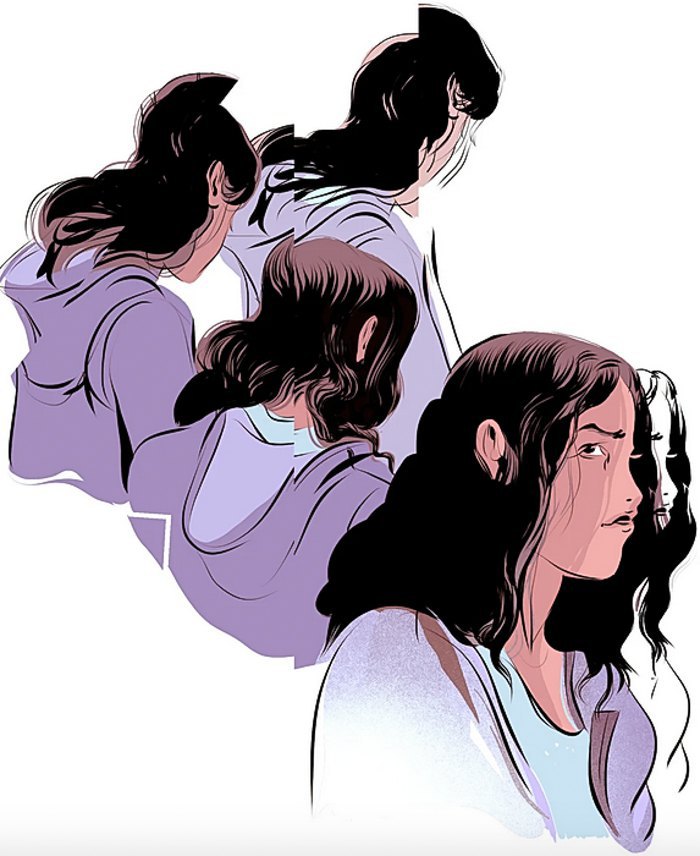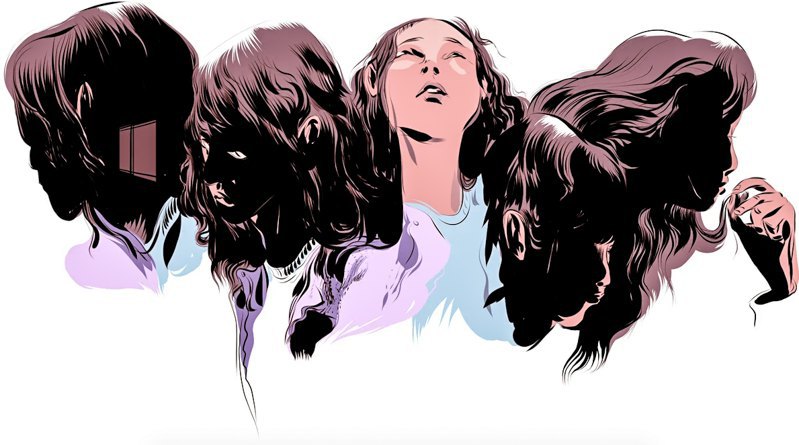Meanwhile, within the Ukrainian information sphere, ongoing discussions persist regarding a disturbing case of sexual violence perpetrated against a 14-year-old girl in Transcarpathia. The majority of Ukrainians express outrage at the recent ruling made by the Volovetsky District Court. Unfortunately, this case has shed light on the systemic inadequacies within our legal system when it comes to handling sensitive cases, particularly those involving sexual violence where both the perpetrators and victims are minors.
Now, there is a glimmer of hope for a different outcome in this case: the General Prosecutor's Office has expressed its intent to appeal the verdict, and human rights defenders have offered their assistance to the victim's family in their defence. However, there remains a significant hurdle to overcome. It is probable that the girl will be subjected to various distressing stages of the judicial investigation once again.
Draft laws No. 5617 and No. 5618 "On child-friendly justice," propose systemic changes to protect children's rights in criminal proceedings. These laws aim to minimise trauma for minor victims and witnesses. Since they were initiated by the government and have undergone thorough discussion, their adoption should face minimal resistance due to the non-political nature of protecting children's rights.

Unfortunately, these initiatives have remained stagnant for nearly two years despite the Parliamentary Legal Committee\'s obligation to review the draft laws within 30 days.
—
Recently, it was revealed that the Legal Committee, headed by Denys Maslov of the "Servant of the People" party, has decided to return it to the government for further revision. It turned out that the position of a single MP can potentially delay crucial changes for years, disregarding the pressing need highlighted by recent cases of violence against minors. In the following explanation, we will outline the significance of these two draft laws and how they would help not only in Transcarpathian rape cases but also in hundreds of similar cases throughout Ukraine.
Child-friendly justice
Child-friendly justice standards, although established globally for some time, are relatively new to the Ukrainian legal system. The Council of Europe has been promoting these standards since 2010. Draft laws No. 5617 and No. 5618 align with European practices and were developed by the Interdepartmental Coordination Council on Juvenile Justice Issues. This council consisted of government officials, representatives from law enforcement agencies, judges, and international and Ukrainian NGOs specialising in child rights protection. Unfortunately, these draft laws are currently stalled at the parliamentary committee level. What are Ukrainian children deprived of as a result of the procrastination of the MPs?
Firstly, the draft laws introduce new interview methods for child victims and witnesses of crimes, taking into account their individual and psychological characteristics. Specifically, questions would be posed through a psychologist who selects appropriate wording and determines the child's readiness to respond at that moment. These methods, known as "Green Room", "Barnachus", or similar, allow justice authorities to communicate indirectly with the child through a specialist.

Secondly, the draft laws aim to minimize re-traumatization by reducing the number of direct interrogations of the child. Instead of repeatedly summoning and questioning victims during court sessions, video recordings of the pre-trial investigation interrogations would be used.
Thirdly, the draft laws "On child-friendly justice" mandate training for all specialists working with children in contact with or in conflict with the law. This extensive list includes police officers, investigators, prosecutors, social workers, mediators, and probation officers. The specialised training will enhance their understanding of children's psyche and equip them with the skills to effectively work with vulnerable groups, such as victims of sexual violence.
Not for the first and the last time
Amidst the ongoing controversy, another distressing incident involving a crime against a minor has come to light. A 12-year-old girl, upon learning about the sexual violence in Transcarpathia, reached out to law enforcement authorities herself. However, before this story can conclude with the punishment of her abusers and her hopeful psychological rehabilitation, the girl must endure a series of interrogations during the pre-trial investigation and in court. She will be required to recount the harrowing details of her sexual assault multiple times. This unfortunate situation serves as a stark reminder that cases of assault in Transcarpathia represent just a fraction of the larger issue of violent crimes against children. The minimum action that can be taken now is the adoption of draft laws № 5617 and № 5618 in order to halt further traumatisation and prevent harm to victims seeking justice. The Legal Committee must reconsider its decision unless it is willing to bear responsibility for the damage inflicted upon a significant number of child victims of violence across Ukraine.









